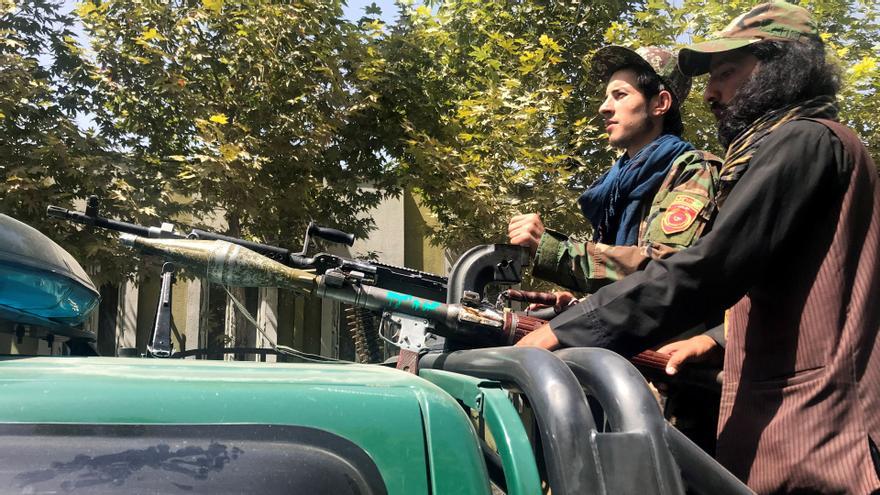“All European leaders must learn together from the current tragedy from Afghanistan. It’s not just an American failure, ”says Michel Barnier. “Security, terrorism, Islamism, migration, regional stability: those are also our challenges,” continues the one who was the EU’s Brexit negotiator through Twitter. A few hours later, he is summoned an Extraordinary European Council for August 17, almost a week after the Taliban offensive took shape, and three days after the capture of Kabul. The issues will surely also be about security and stability, there will be little or nothing about human rights and much less about the democratizing failure of the West in Afghanistan. Surely there will be a lot of talk about how to face a new migration crisis. And do not be confused, when in Brussels they think about migration, they do it from a security perspective. Migration in Europe is seen as a security threat, and this is established in most national security strategies, also in the Spanish and in the European. Therefore, the concern will not be linked to the management of the flows from Afghanistan and their reception, but rather to how to defer or stop them.
The arrival of people from Afghanistan to Europe is nothing new. This nationality has been, over the years, among the top five nationalities in asylum applications, with Syria, Venezuela, South Sudan and Myanmar the remaining four. Together they make up two thirds of asylum applications in the EU. In fact, according to sources from the EASO (European Asylum Support Office), in 2020 there were 190,230 asylum applications coming from this country. But, without a doubt, the data that draws the most attention is the high percentage of Afghan unaccompanied minors who request international protection, neither more nor less than 41% of the total. Figures, without a doubt, chilling, but that did not move our authorities since the percentages of denial of these requests have been very high. Recall that during the refugee management crisis in 2015 and 2016, priority was given to Syrians, leaving behind other nationalities such as Afghan or Somali.
European governments have been looking the other way when things happened in this Asian country. With the departure of NATO troops in 2014, the fragile balance and precarious containment of the Taliban in the south of the country became even more evident. The number of internally displaced persons, which had remained at around 100,000 people a year until then, progressively increased until reaching almost 2 million internally displaced persons in 2016. At the beginning of 2021 there were already almost 3 million.
Related news
It does not seem, however, that there will be a change in this regard. A few days ago, Germany, Belgium, Austria, the Netherlands, Denmark and Greece sent a letter to Commissioners Schinas and Johansson requesting that the deportations not be suspended. Just two days later, Germany and Austria, in light of the events, backed off. In any case, the argument is similar to others that are very familiar to us: if the returns are not started, a call effect will be produced that nobody wants. And Commissioner Schinas has already dropped the need to further toughen European migration and asylum policy. One more brick in the wall of the fortress Europe.
The proposals are neither novel nor impossible. Opening of humanitarian corridors for asylum seekers, remove the visa requirement for Afghan women that they enter Schengen or the paralysis of deportations to Afghanistan are some of those requests. Hopefully and this time they are possible, during the crisis of 2015 and 2016 they were not. Not starting them would mean the triumph of the most carpetovetonic and reactionary discursive frameworks. If there is something at stake, the EU is its value system. You can’t afford to break them further.
– .


